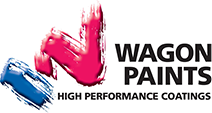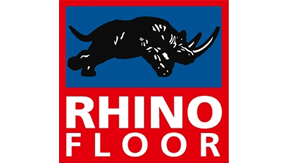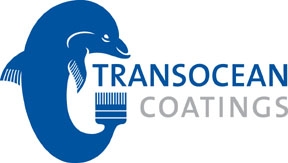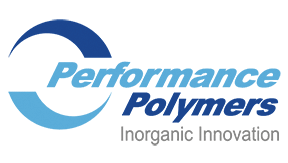How to Choose the Right Coating for Marine Applications
Choosing a coating system that provides effective corrosion protection, high chemical resistance, impact and abrasion resistance, and antifouling properties can significantly extend the service life of a marine vessel. Industry leaders such as Wagon Paints offer a range of specialised coatings to meet the unique requirements of marine applications. By working closely with a coating supplier and understanding the specific needs of the application, it is possible to select a coating system that will provide long-lasting protection and optimal performance for marine vessels.
The Importance of Selecting the Right Marine Coatings
Choosing the right coatings for marine applications is a critical decision that can impact the longevity and performance of a vessel. Marine coatings not only enhance the aesthetic appeal of a vessel but also provide essential protection from the harsh marine environment. Corrosion, chemical exposure, impact and abrasion can cause significant damage to a vessel, leading to costly repairs and maintenance. Therefore, selecting the right coating system for a marine application is essential.
Corrosion Protection
Corrosion is a significant threat to marine vessels, particularly those operating in saltwater environments. Therefore, selecting a coating that provides effective corrosion protection is crucial. Epoxy-based coatings are commonly used in marine applications due to their excellent adhesion and chemical resistance. Transpoxy ZP Primer 1.61 is a 2-pack polyamide cured epoxy coating pigmented with zinc phosphate and auxiliary anti-corrosive pigments for the protection of steel structures against corrosion. It is available in a range of colours in matt. Polyurethane-based coatings are also popular due to their high durability and resistance to UV exposure. Both epoxy and polyurethane coatings offer excellent corrosion protection, but the specific application will dictate which is the better choice. Transurethane Finish HB 3.44 is a 2-pack polyurethane topcoat with excellent gloss and colour retention. Available in white, jet black and a range of AS 2700 colours in gloss, Transurethane Finish HB 3.44 provides good resistance against the spillage of oils and chemicals.
Chemical Resistance
Marine vessels may be exposed to a wide range of chemicals, including fuels, solvents and cleaning agents. Therefore, choosing a coating that offers high chemical resistance is critical. Vinyl ester coatings are often used in marine applications due to their excellent chemical resistance. They are particularly effective at protecting against acids, alkalis and solvents. Additionally, some specialised ambient curing single-pack polysiloxane technologies provide excellent chemical resistance and can be an effective alternative to vinyl ester coatings. Transozinc Silicate 1.52 is a self-curing ethyl silicate with a high zinc content for excellent protection of steel structures against corrosion in industrial and marine environments. Transpoxy Glascote 4.40 is a 2-pack high solid glass-flake epoxy coating with outstanding chemical and abrasion resistance. It is ideal for areas facing severe corrosive conditions such as in splash zone areas. It comes in semi-gloss black.
Impact and Abrasion Resistance
Marine vessels are often exposed to impact and abrasion, particularly in areas such as the hull and decks. Therefore, selecting a coating that offers high impact and abrasion resistance is essential. Epoxy-based coatings are commonly used due to their high adhesion and durability. They can withstand heavy impacts and abrasion, making them ideal for high-traffic areas. Additionally, some specialised marine and antifouling systems offer high impact and abrasion resistance, along with effective antifouling properties. Transpoxy Barrier 2.18 is a high solids 2-pack epoxy barrier coating with good impact and abrasion resistance and excellent anti-corrosive properties. Available in semigloss light grey, Transpoxy Barrier 2.18 offers good adhesion to St3-prepared steel substrates and is compatible with most aged coatings.
Antifouling Coatings
Antifouling coatings are essential for protecting marine vessels against the growth of organisms such as barnacles and algae. These organisms can cause significant damage to the hull, leading to increased drag, reduced speed, and increased fuel consumption. Copper-based coatings are commonly used for antifouling due to their high effectiveness. However, there is increasing interest in non-toxic antifouling solutions that use organic and silicone-based coatings. Optima Antifouling 2.32 is a tin-free self-erodible antifouling coating pigmented with cuprous oxide for protection against fouling for drydocking service intervals of up to 18 months, occasionally up to 24 months, depending on area and conditions.
Wagon Paints – One of the Best Suppliers of Paint Coatings and Systems in Melbourne
Wagon Paints has earned a reputation as one of the leading Melbourne suppliers of high-quality paint coatings and systems that are tailored to meet any industrial specification and budget. For further information, use the Wagon Paints System Selector or contact the Wagon Paints technical support team. Call Wagon Paints today on +61 3 9729 1344 or complete an online enquiry form.




